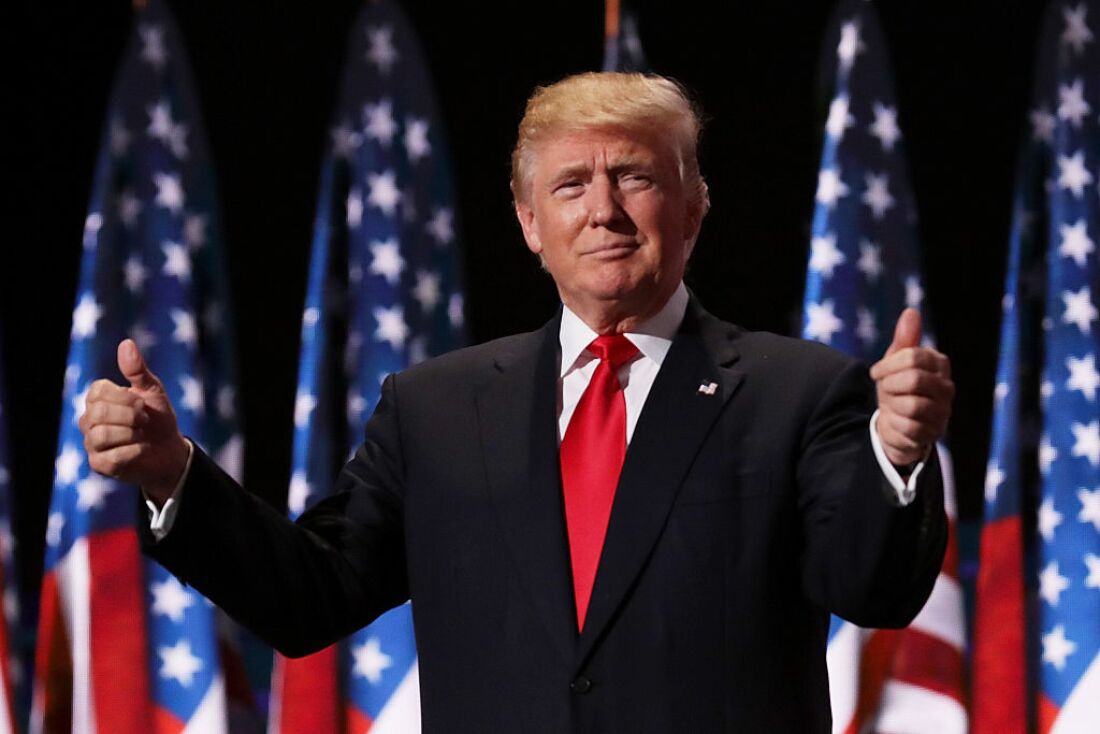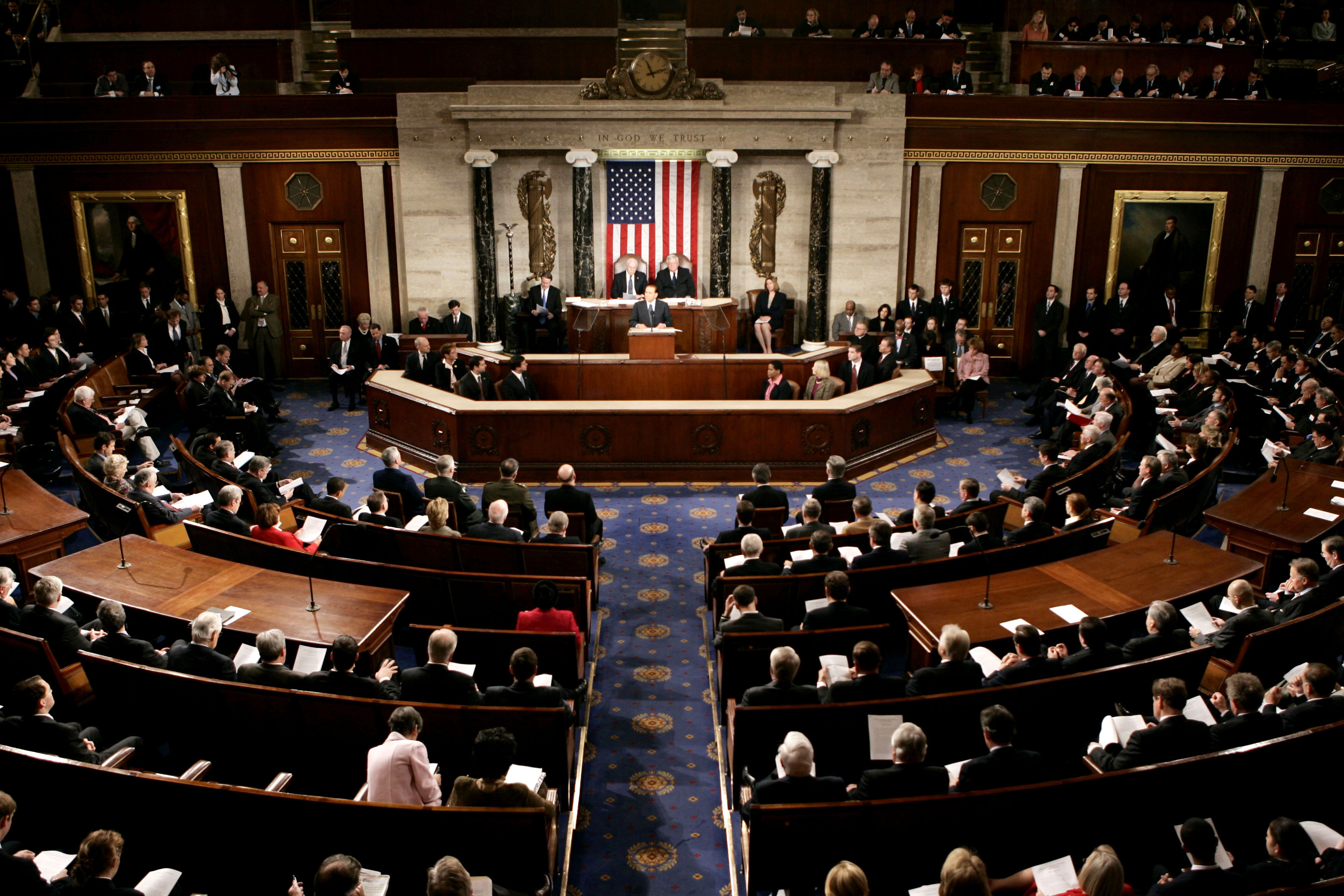
Donald Trump’s recent 2024 electoral victory has granted him full control of the U.S. government, a situation often referred to as a “governing trifecta.” This term describes when the president’s party controls both chambers of Congress—the House of Representatives and the Senate—along with the presidency itself. This scenario has occurred in the past with other presidents, and understanding its implications can shed light on what this means for Trump’s administration and the country as a whole.
Historical Instances of Full Control
Full control of the U.S. government has occurred several times in history, particularly in recent decades:
- Barack Obama (2009-2011): Obama entered office with a Democratic trifecta, allowing him to pass major legislation like the Affordable Care Act and the American Recovery and Reinvestment Act during the economic crisis.
- George W. Bush (2003-2007): After the 2002 midterm elections, Bush enjoyed a Republican trifecta, which enabled him to implement significant tax cuts and the Medicare prescription drug benefit.
- Bill Clinton (1993-1994): Clinton began his presidency with a Democratic majority, facilitating the passage of the Family and Medical Leave Act. However, he lost the House in the 1994 midterms, illustrating the volatility of such control.
Trump’s Full Control
With a trifecta, Trump has the opportunity to advance his policy agenda more effectively.

- Tax Reform: Trump is likely to push for additional tax cuts, building on previous reforms that reduced corporate taxes significantly.
- Immigration Policy: A major focus will be on immigration reform, including funding for border security and potentially the construction of a border wall.
- Healthcare Changes: Efforts to repeal or overhaul the ACA are expected to be a priority, reflecting longstanding Republican goals.
Challenges Ahead
Despite the advantages of a trifecta, history shows that having full control does not guarantee success. For instance, during his first term, Trump faced resistance from within his party. Which hindered his ability to repeal the ACA and pass an infrastructure bill. Additionally, the Senate’s filibuster rules require a supermajority for many types of legislation. It means that even with a Republican majority, Trump may still need to negotiate with Democrats to pass significant bills.
Judicial Influence
One of the significant advantages of a trifecta is the ability to appoint judges and justices. Trump has already reshaped the judiciary by appointing three conservative justices to the Supreme Court. This could influence legal interpretations for years to come. This judicial landscape may facilitate the implementation of his policies, as legislation passed by Congress is less likely to be overturned in the courts.

Trump’s full control of the U.S. government in 2024 marks a pivotal moment in American politics. And also marks reminiscent of past administrations that have enjoyed similar power. While this control provides a unique opportunity to implement a bold agenda. It also comes with inherent challenges that could complicate governance. The effectiveness of this control will depend on Trump’s ability to navigate internal party dynamics and legislative hurdles.
Read more on Lifetips.blog












